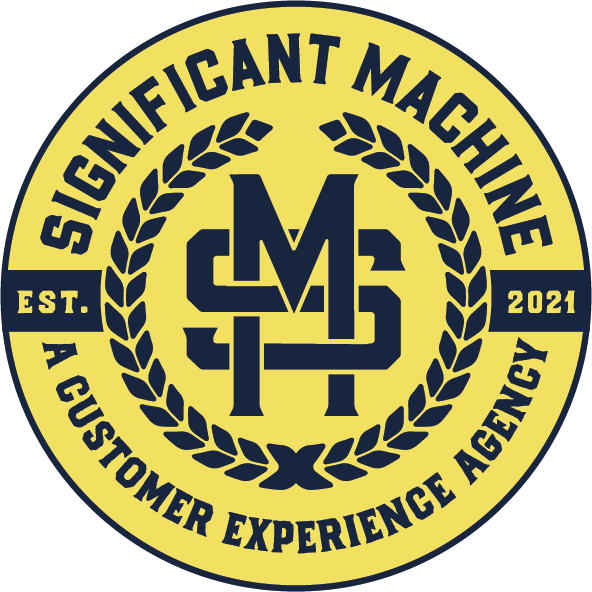Artificial Intelligence (AI) has the potential to revolutionize the healthcare industry, changing the way patients experience care, and improving overall health outcomes. In recent years, AI has been increasingly integrated into various aspects of healthcare, and it’s not difficult to see why. With its ability to process vast amounts of data and make predictions based on that information, AI has the potential to significantly improve patient experiences, increase efficiency, and reduce costs. In this article, we’ll explore the immediate and long-term effects of AI on the patient experience in healthcare.
Immediate Effects of AI on the Patient Experience
Personalized Care: One of the biggest benefits of AI in healthcare is the ability to personalize care for each patient. AI algorithms can analyze data from electronic health records, lab results, and other sources to gain a deep understanding of each patient’s health history and individual needs. This information can then be used to create tailored treatment plans and personalized recommendations for care.
Faster Diagnosis: AI can also be used to quickly and accurately diagnose conditions. For example, AI algorithms can analyze images from medical imaging studies, such as X-rays and MRI scans, to identify signs of disease or injury. This can help healthcare providers make a more accurate diagnosis and start treatment sooner, which can lead to better health outcomes and a better patient experience.
Improved Communication: AI can also be used to improve communication between healthcare providers and patients. For example, chatbots powered by AI can be used to answer patients’ questions, provide information about medications, and schedule appointments. This can help reduce wait times and improve the overall experience for patients.
Long-Term Effects of AI on the Patient Experience
Better Health Outcomes: By using AI to personalize care, diagnose conditions more quickly, and improve communication, we can expect to see better health outcomes for patients over time. Patients who receive care that is tailored to their individual needs and health history are more likely to adhere to treatment plans and have better health outcomes.
Increased Efficiency: AI has the potential to significantly increase efficiency in healthcare. For example, AI algorithms can help automate repetitive tasks, freeing up healthcare providers to focus on more complex tasks that require their expertise. This can lead to faster and more accurate diagnoses, reduced wait times, and improved patient experiences.
Lower Costs: AI can also help reduce costs in healthcare. By automating repetitive tasks, reducing the need for manual labor, and improving health outcomes, AI has the potential to significantly reduce healthcare costs. This can lead to lower costs for patients, insurance companies, and the healthcare system as a whole.
Conclusion
In conclusion, AI has the potential to revolutionize the patient experience in healthcare. From personalized care and faster diagnoses to improved communication and better health outcomes, AI has the potential to make a positive impact on patients’ lives. However, it’s important to remember that AI is just one tool in the healthcare toolbox, and it should be used in conjunction with other tools, such as human expertise and judgement, to achieve the best results. As the healthcare industry continues to evolve, we can expect to see AI playing an increasingly important role in improving the patient experience and improving overall health outcomes.
